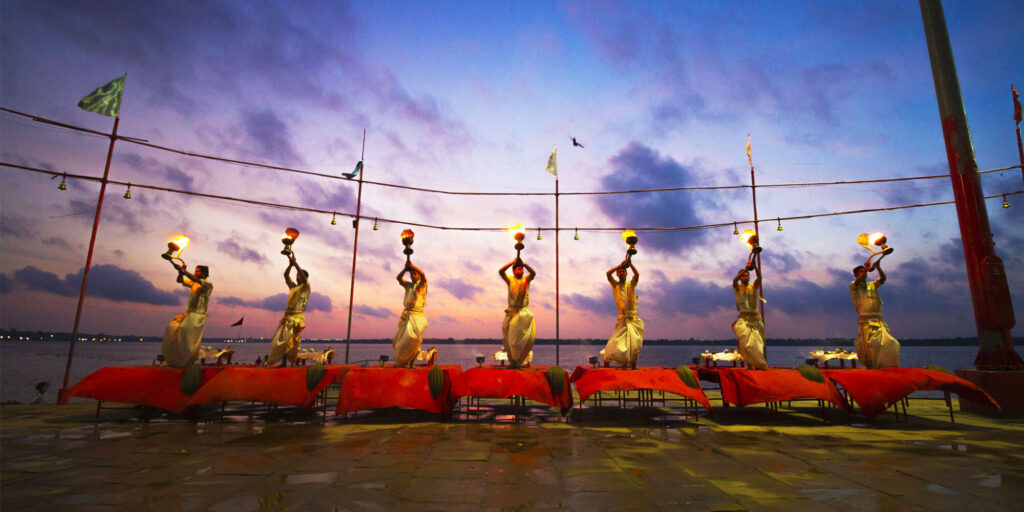Varanasi is one of the most sacred cities in India and a major pilgrimage destination for Hindus. It is a city where life and death coexist in a unique and powerful way. My personal experience in Varanasi was a journey of discovery and self-reflection, and it left a deep impression on me.
I arrived in Varanasi early in the morning and was immediately struck by the city’s vibrant energy. The streets were bustling with people, the air was filled with the aroma of incense and the sound of temple bells. The city seemed to come alive with a sense of purpose and devotion. However, as I explored the city further, I began to notice something else. Death was present in the city in a way that I had never seen before.
One of the first things I did was to take a boat ride on the Ganges River. This is considered one of the most important things to do in Varanasi and I can see why. The river is considered sacred by Hindus and it is said that bathing in its waters can wash away one’s sins. However, as I looked out at the Ghats, a series of steps leading down to the river, I noticed something that I found quite disturbing. There were bodies being cremated on the banks of the river. This was a reminder of the city’s role as a center for the Hindu practice of cremation and the belief in the purifying powers of the Ganges.
I also had the opportunity to visit some of the city’s many temples. The most famous of which is the Kashi Vishwanath Temple, also known as the Golden Temple. This temple is dedicated to Lord Shiva, one of the principal deities in Hinduism. The temple is famous for its gold plating and the long queue to get inside. Inside the temple, I was struck by the devotion of the worshippers and the peaceful atmosphere. However, I couldn’t help but think about the contrast between the peaceful atmosphere inside the temple and the scenes of death that I had witnessed on the river.
One of the most memorable experiences I had in Varanasi was attending the evening Aarti ceremony at the Dashashwamedh Ghat. This ceremony is performed every evening and it involves the lighting of lamps and the offering of prayers to the Ganges River. The ceremony was accompanied by music, hymns and the sounds of conch shells. It was a truly breathtaking and spiritual experience. However, as I was leaving the ceremony, I saw a funeral procession making its way to the river. The contrast between the joy and devotion of the Aarti ceremony and the solemnity of the funeral procession was striking.
Varanasi is also known for its vibrant markets, where one can find a wide variety of handicrafts, textiles and other souvenirs. I found myself particularly drawn to the silk saris and the brass statues. However, as I was browsing the market, I overheard a conversation between two vendors about a recent death in their family. It was a reminder that death is a part of life and that it is something that is always present, even in the midst of the vibrant and colorful market.
As I reflect on my time in Varanasi, I realize that the city is a powerful reminder of the cycle of life and death. The city’s spiritual and religious significance was palpable, and it was a reminder of the importance of faith and devotion in one’s life. However, it was also a reminder that death is an inevitable part of life and that it is something that should be
